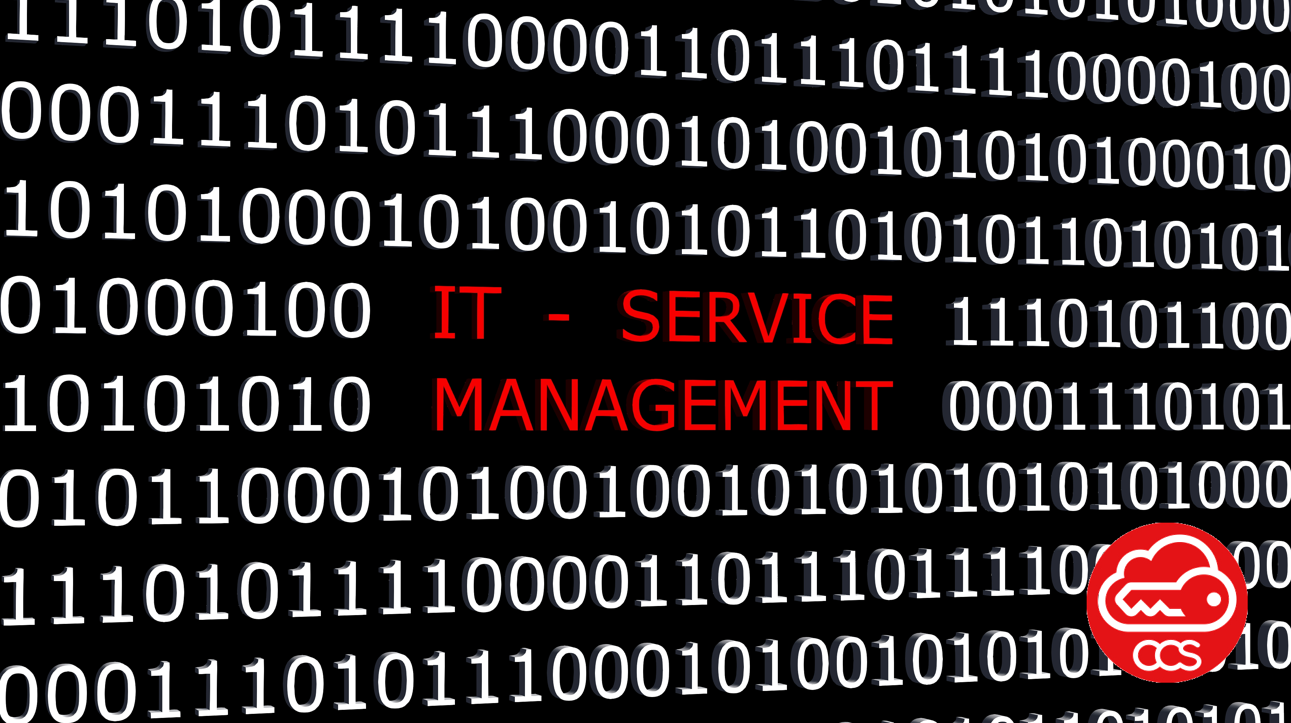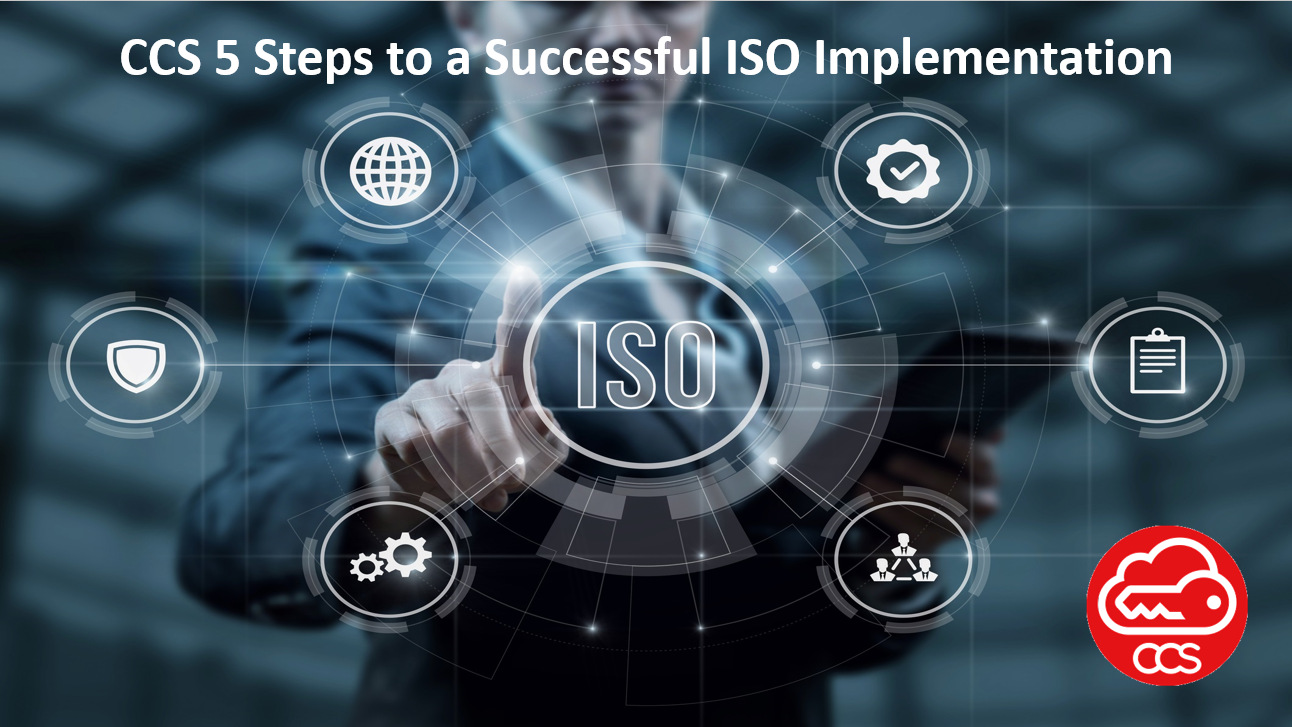What challenges do IT services companies face?
In today's rapidly evolving business landscape, IT services companies play a crucial role in supporting organisations' technological infrastructure, enabling digital transformation, and delivering innovative solutions. However, these companies face a multitude of challenges as they strive to meet the ever-changing demands of clients, keep pace with technological advancements, and navigate a highly competitive market.
The challenges confronting IT services companies are diverse and multifaceted, encompassing various aspects of their operations. From addressing cyber security threats to managing client expectations and staying ahead of rapid technology obsolescence, these companies must adapt, innovate, and overcome obstacles to remain successful in the dynamic IT industry.
This article explores some of the key challenges faced by IT services companies, shedding light on the complexities they encounter and the strategies they employ to tackle them. Understanding these challenges is essential for both industry professionals and organisations seeking IT services, as it provides valuable insights into the intricacies of this ever-evolving sector.
By acknowledging and proactively addressing these challenges, IT services companies can position themselves for sustainable growth, enhance customer satisfaction, and continue to drive technological advancements that shape our digital future.
IT services companies face several challenges in today's business landscape. Some of the key challenges include:
- Technological advancements:
- The rapid pace of technological advancements presents a challenge for IT services companies to keep up with the latest trends, tools, and methodologies. They need to continuously update their skills and knowledge to remain competitive.
- Cyber security threats:
- With the increasing number of cyber threats and data breaches, IT services companies need to invest in robust cybersecurity measures to protect their clients' data and systems. They must stay updated on the latest security vulnerabilities and employ proactive measures to mitigate risks.
- Talent acquisition and retention:
- There is a high demand for skilled IT professionals, which makes it challenging for IT services companies to attract and retain top talent. The shortage of experienced professionals with expertise in emerging technologies can hinder the company's ability to deliver quality services and maintain customer satisfaction.
- Cost management:
- IT services companies face cost management challenges, including rising infrastructure costs, licensing fees for software tools, and employee salaries. Managing these costs while maintaining profitability can be a significant challenge, especially in a competitive market.
- Scalability and flexibility:
- IT services companies need to be agile and adaptable to meet changing customer demands and market conditions. Scaling operations, managing project complexities, and adjusting resources efficiently can pose challenges, especially when working with diverse clients and projects.
- Regulatory compliance:
- Compliance with various data protection and privacy regulations, such as GDPR and CCPA, can be complex for IT services companies. They need to ensure that their processes, infrastructure, and data handling practices align with these regulations to avoid legal and financial consequences.
- Client expectations and competition:
- Clients have high expectations for quality, timeliness, and cost-effectiveness of IT services. Meeting these expectations while facing fierce competition in the industry requires constant innovation, exceptional customer service, and efficient project management.
- Rapid technology obsolescence:
- Technology evolves at a rapid pace, and IT services companies face the challenge of ensuring their solutions remain relevant and effective. They need to invest in research and development, stay updated on emerging technologies, and anticipate market trends to deliver cutting-edge solutions.
- Global market dynamics:
- IT services companies often operate in a global market, which presents challenges related to cultural differences, language barriers, and regulatory variations across countries. They need to adapt their services to different markets while ensuring consistency and quality.
Overall, IT services companies need to navigate these challenges effectively to stay competitive, provide value to their clients, and drive sustainable growth in the dynamic IT industry.
Can ISO20000 address these challenges?
ISO/IEC 20000 is an international standard that focuses on IT service management (ITSM). While implementing ISO/IEC 20000 can help IT services companies address some of the challenges they face, here's how ISO/IEC 20000 can contribute to overcoming certain challenges:
- Technological advancements:
- ISO/IEC 20000 provides a framework for establishing effective IT service management practices. By following the standard's guidelines, IT services companies can ensure that their processes and methodologies align with industry best practices, allowing them to stay updated and adapt to technological advancements.
- Cyber security threats:
- ISO/IEC 20000 includes requirements for information security management. Implementing the standard can help IT services companies strengthen their security controls, risk management processes, incident response capabilities, and overall security posture. However, additional security measures may be necessary to address specific cyber security threats such as
ISO 27001.
- Talent acquisition and retention:
- ISO/IEC 20000 emphasises the importance of competence and training for IT service management personnel. By implementing training and certification programs aligned with the standard, IT services companies can enhance the skills and expertise of their workforce, making them more attractive to top talent and improving retention rates.
- Cost management:
- ISO/IEC 20000 promotes the use of effective service management processes, which can help IT services companies optimise resource utilisation, improve operational efficiency, and control costs. By aligning their practices with the standard, companies can identify areas for cost savings and implement cost-effective solutions.
- Scalability and flexibility:
- ISO/IEC 20000 provides guidance on service planning, service design, and service transition, which can help IT services companies manage scalability and flexibility challenges. By following the standard's principles, companies can establish robust processes for service delivery, change management, and capacity planning, enabling them to scale their operations efficiently.
- Regulatory compliance:
- ISO/IEC 20000 incorporates requirements for compliance with relevant legal and regulatory obligations. By implementing the standard, IT services companies can establish processes to ensure compliance with data protection and privacy regulations, reducing the risk of non-compliance and associated penalties.
But what about Client expectations and competition, Rapid technology obsolescence and Global market dynamics?
ISO/IEC 20000 can indirectly contribute to addressing some aspects of client expectations and competition, rapid technology obsolescence, and global market dynamics. Here's how it can help:
- Client expectations and competition:
- ISO/IEC 20000 focuses on service management processes, which can help IT services companies improve their service delivery and meet client expectations. By implementing the standard, companies can establish clear service level agreements (SLAs), define service quality metrics, and implement processes for monitoring and continuous improvement. This can enhance customer satisfaction, differentiate the company from competitors, and improve its competitive position.
- Rapid technology obsolescence:
- While ISO/IEC 20000 does not directly address rapid technology obsolescence, it provides a framework for effective service transition and change management. By following the standard's guidelines, IT services companies can establish processes for assessing and managing technology changes, ensuring smooth transitions and minimising disruption to clients' operations. Additionally, by continuously monitoring emerging technologies and aligning service offerings accordingly, companies can proactively address technology obsolescence challenges.
- Global market dynamics:
- ISO/IEC 20000 is an internationally recognised standard, which can provide IT services companies with a competitive advantage in the global market. By achieving certification, companies can demonstrate their commitment to service quality and adherence to best practices. This can help build trust with international clients, facilitate business partnerships across borders, and support expansion into new markets.
However, it's important to note that ISO/IEC 20000 alone may not fully address the complexities of client expectations, rapid technology obsolescence, and global market dynamics. Companies should complement their ISO/IEC 20000 implementation with other strategies and initiatives, such as market research and analysis, technology forecasting, customer relationship management, and continuous innovation efforts.
A holistic approach that combines ISO/IEC 20000 with other business strategies will be more effective in navigating these challenges.




